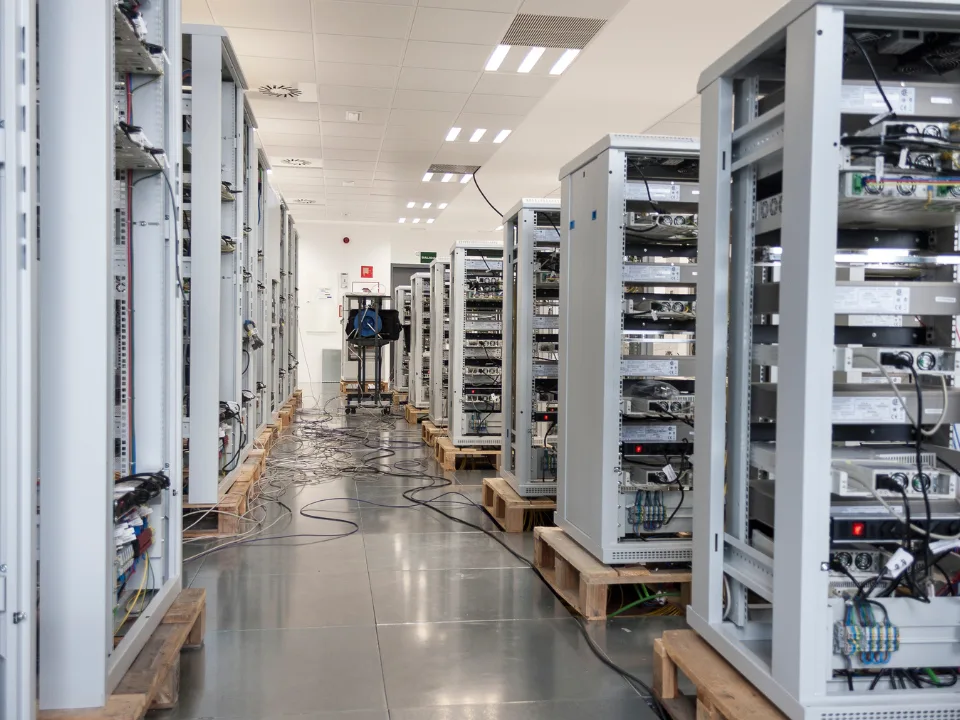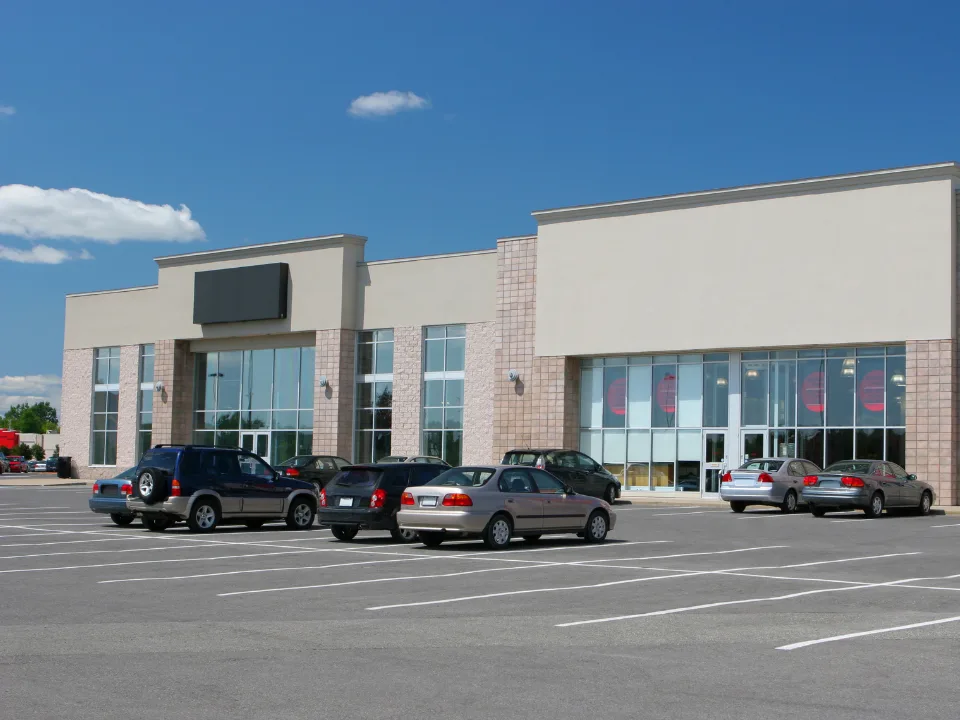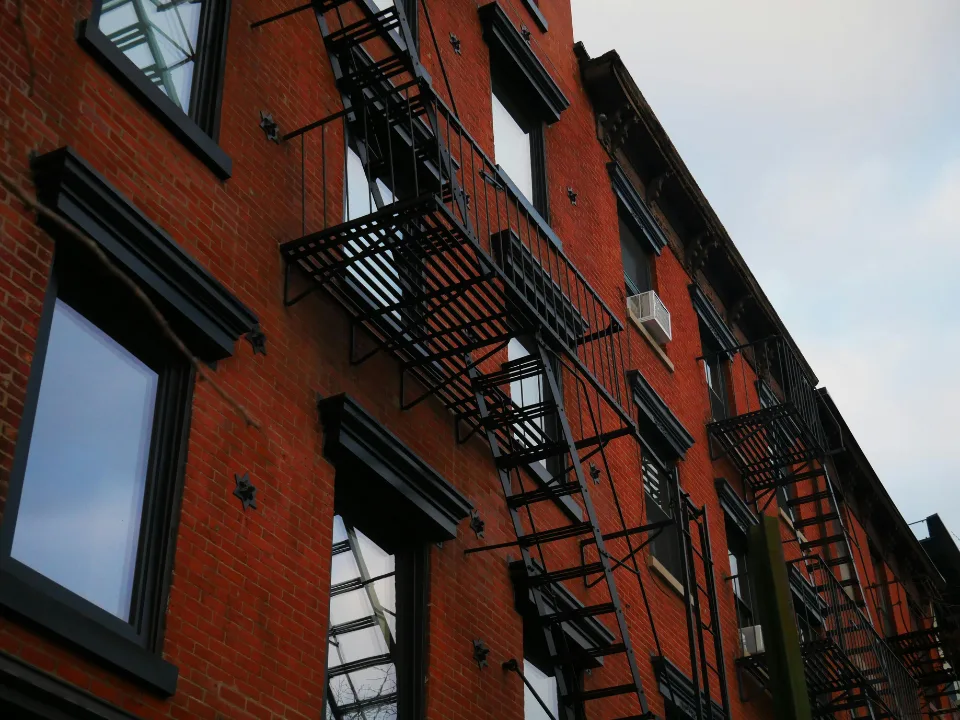- Howard Marks, co-chairman of Oaktree Capital Management, sees opportunities in distressed investing in PE and CRE.
- The Fed’s rate hikes led to higher borrowing costs for risky corporate borrowers, especially those backed by PE, and falling CRE valuations.
- Around $199B of corporate debt in the U.S. is currently trading in distressed territory.
According to Howard Marks of Oaktree Capital Management, rising debt costs for highly leveraged assets in private equity and real estate are creating new opportunities for distressed investors.
As debt costs rise, the landscape for these asset classes is shifting, opening doors for firms specializing in distressed lending and bargain-hunting.
Painful Debt
In an interview with Bloomberg Television, Marks pointed out that leveraging debt to amplify returns has been crucial for PE and real estate investors.
However, high interest rates are starting to weigh heavily on these sectors. “The use of debt to amplify your returns has been the lifeblood of these two asset classes and they’ve done extremely well as a result,” Marks said. “But that’s where the pain will come in the future.”
Corporate borrowers, particularly those backed by private equity, are facing higher borrowing costs due to the Fed’s hawkishness. Meanwhile, CRE values are declining even as a multi-billion-dollar wave of maturing debt looms on the horizon.
One Man’s Trash…
Marks emphasized that because leveraged companies will struggle to renew their leverage and will face higher costs, there will be plenty of opportunities for distressed investors. Roughly $199B of U.S. corporate debt is currently trading in distressed territory.
Marks believes this situation will provide better investment opportunities for firms like Oaktree Capital. “Right now and going into the future, leveraged companies will not be able to renew their leverage as easily and the cost of doing so will be higher.”
Word of Warning
But despite these potential opportunities, Marks cautioned that distressed investing is not straightforward. The practice of pitting lenders against each other in debt restructurings has become more common, often leading to legal battles. “If there’s an opening, people will take it,” Marks said. “It’s up to lenders to study documents well enough to prevent it.”
He also expressed caution regarding bargains in real estate. While investors are finding deeply discounted properties, it’s difficult to assess valuations accurately in the current market.

















